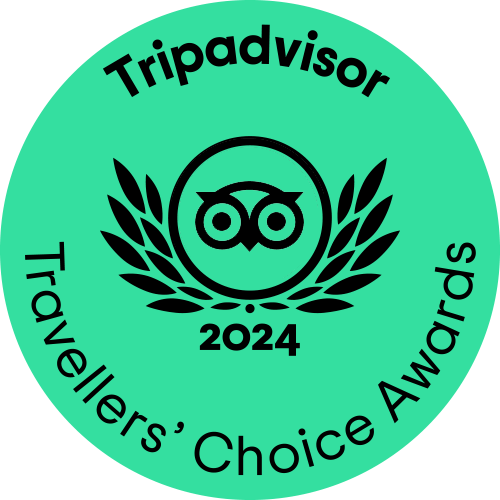Please allow me to share with you some information about the torch relay (lightning ceremony) of Tokyo Olympic Games in case you would like to watch.
Our Kabuki guide, Kazui's mother, Masako, age 83, was selected as a torchbearer in Shinagawa City, Tokyo and will pass the flame from one torch to the next, in a process known as “kissing” on July 21st, 2021.
The relay was originally scheduled to took place on public roads but all Tokyo municipalities except for the islands decided to reorganise the event into lighting ceremonies to prevent the spread of the coronavirus.
You may be interested in how Masako became involved and if she is/was an athlete. The answer is “No”! She was selected from the public by writing an essay regarding her reasons for wanting to be involved. So Kazui would love to share a bit of background on her mother. Masako moved to Tokyo from Wakayama Prefecture, where she was born and raised, to marry my father (who has since passed away). She started her new life with a big family including his grandmother, parents, sister and brother and helped with his family business in Tokyo. It was common for a woman to marry someone who has their own family business at that time in Japan.
Kazui was a baby on Masako's back when she saw the Air Self-Defense Force's Blue Impulse aerobatics team draw the Olympic rings in the sky in front of their house on the opening ceremony day for the 1964 Tokyo Olympic Games. Kazui's mother loves her family, business, Tokyo and contributing to the community, such as PTA activities. She also established a women’s chorus group with her neighbor, a piano teacher. Kazui is so proud of her life so I encouraged her to apply to be a torchbearer.
In Japan, there is also an option for Torchbearers to purchase the torches to keep them after the event. Masako applied for this and is going to donate the torch to the local elementary school where many of our family members, including her husbamd, son, daughters and grandchildren are graduates.
If you are interested in reading more about the torchbearers, please visit the following website.
https://olympics.com/tokyo-2020/en/torch/about/otr-about-faq
Kazui was registered as Masako's escort and had been scheduled to run with her, but she helped Masako in the lightening ceremony. You can see Masako at the Kabuki-za theatre on the link below:
http://www.tokyokabukiguide.com/index.php/photo-gallery/Photo-gallery-Kabuki-za-2
The video taken at the torch lightening ceremony. You will see Masako and Kazui.

